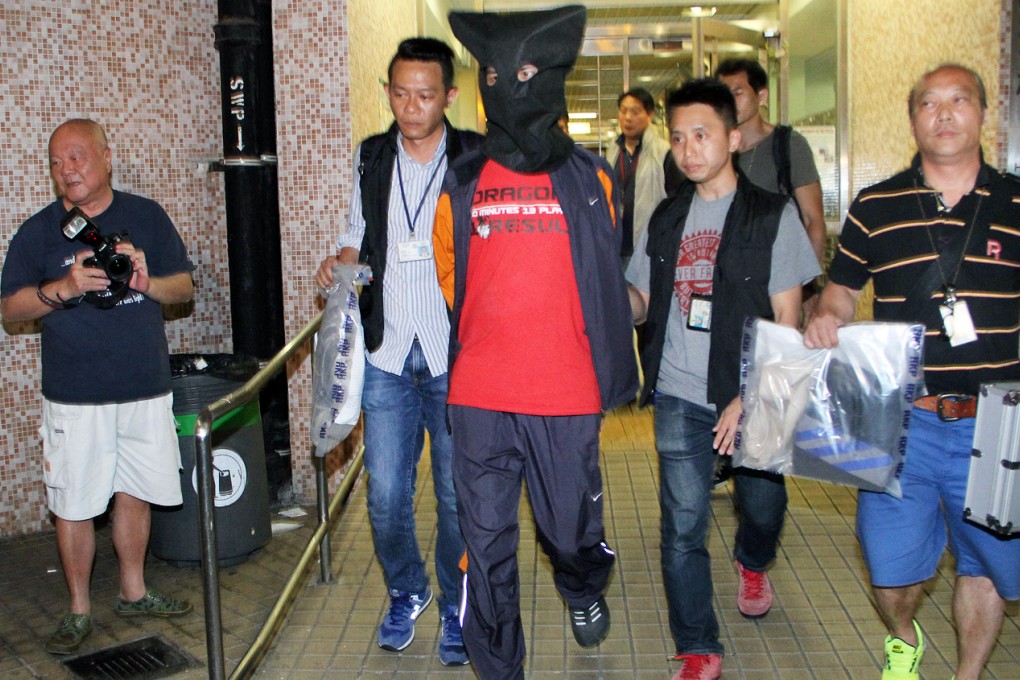Wrongful arrest of autistic man shows Hong Kong is failing in its duties to protect rights of disabled
Wrongful arrest of autistic man shows need for wide reform to ensure equal access to justice

A man with autism was wrongfully arrested and detained early last month in the investigation of a murder case. Irregularities, impropriety and poor efforts in rectifying the problem on the part of the force have stirred up public outrage.
People with mental and developmental disabilities are particularly vulnerable when facing the law enforcement and criminal justice system, primarily because of their learning and communication challenges and sometimes due to their restrictive and repetitive behaviour, which may seem "strange" or "suspicious".
Studies in other countries show people with neuro-disabilities - such as autism and attention deficit hyperactivity disorder - and those with possible-to-borderline intellectual disability are disproportionately represented in the criminal justice system. Cases of mistreatment are not infrequent around the world. Some are brutal, even fatal.
Ignorance, insensitivity, a lack of skills and an absence of proper policy guidelines are some of the common causes.
And these are problems not only with law enforcers, but also with other personnel involved in the legal process, including lawyers, social workers and carers. Among the public at large, there is a general lack of awareness and knowledge, and widespread bias and prejudice.
Sometimes, professionalism and due care on the part of the officers may help to avoid gross errors. But it is not enough. There should be solutions to tackle systemic issues.